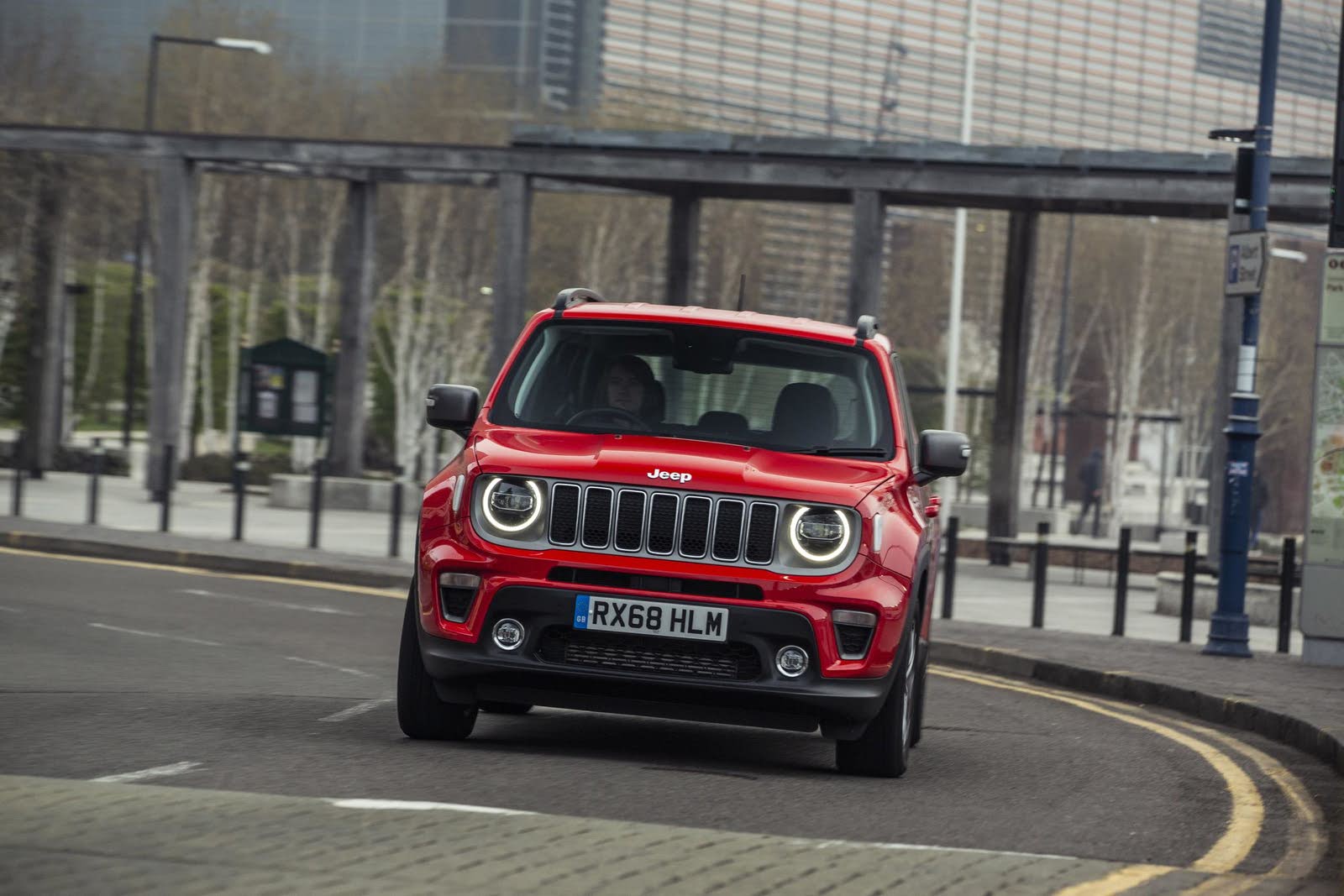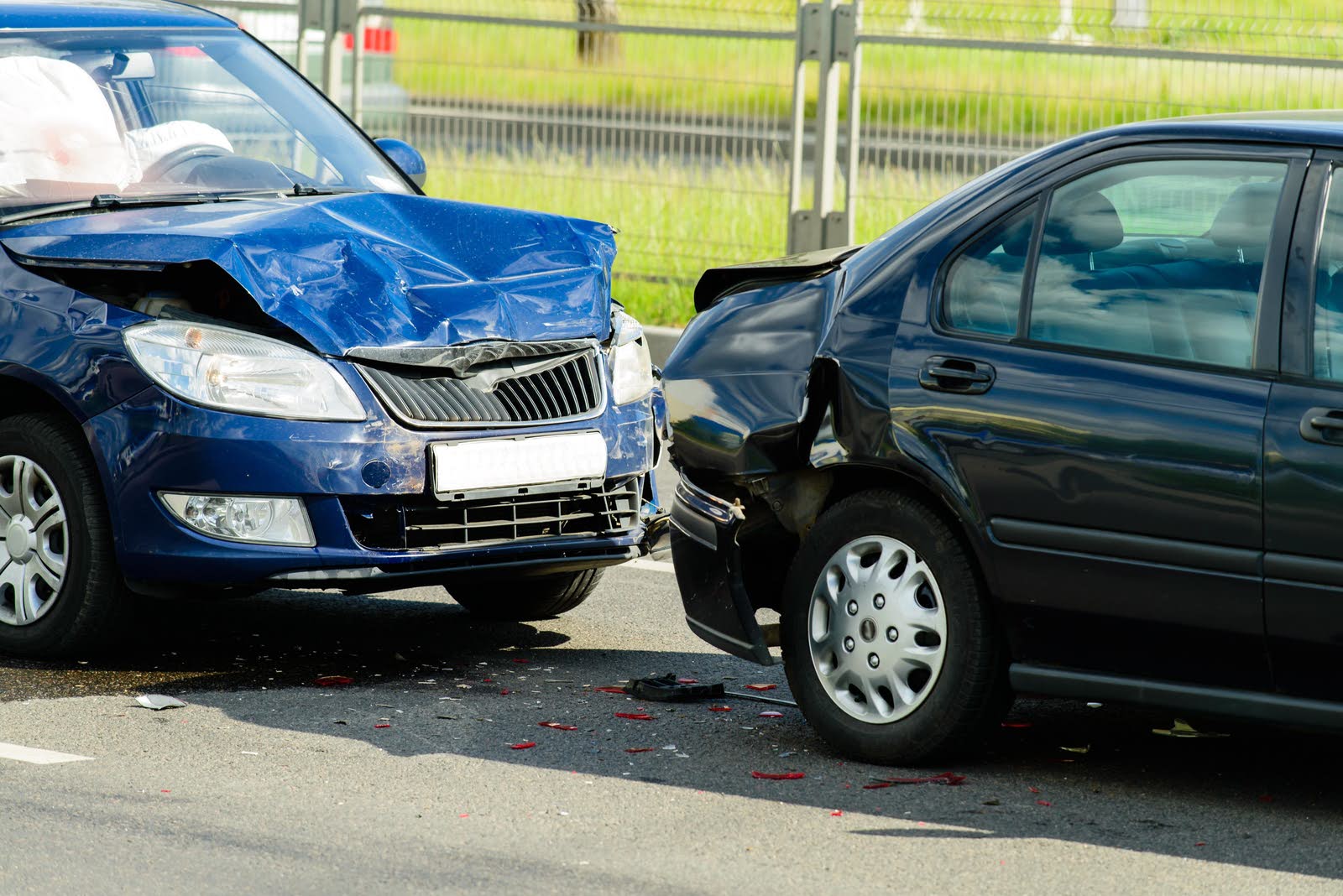GAP (Guaranteed Asset Protection) insurance is an optional car insurance policy designed to cover the difference between the price you originally paid for a car and the current value of the vehicle. It is typically applied to new cars, because they depreciate much faster than used models.
If you have comprehensive car insurance and your car is written off or stolen – a ‘total loss’ in insurance terms – then your motor insurer pays the market value of the car, rather than the original value that you paid for it, or the amount you still owe on finance. GAP insurance covers this shortfall. Most GAP insurance providers offer cover for up to three years, but they will sometimes extend it for longer.
- The Different Types of GAP Insurance
- Do I Need GAP Insurance?
- Where to Buy GAP Insurance
- FAQs
- Is GAP Insurance Mandatory?
- Has GAP insurance been banned?
- Is GAP Insurance Worth it on a Used Car?
- What Are the Alternatives to GAP Insurance?
The Different Types of GAP Insurance
There are three main types of GAP insurance, but be aware: different motor insurance providers might have different names for them.
The most basic type of cover is Finance GAP insurance. If the car you’re buying on finance suffers a total loss, this will protect you by paying off any outstanding finance. Say, for example, you’re buying a car using personal contract purchase (PCP), but it's deemed a write-off after an accident, you’ll still need to settle your debt with the finance company. That could be thousands of pounds more than the market value of your vehicle, leaving your car finance in negative equity. In this instance, Finance GAP insurance works by topping up the payment from your car insurer to settle the debt.
Return to Invoice or Back to Invoice GAP insurance cover will boost your insurer’s current market value insurance pay-out to match the original purchase price that you paid for the car. It can be used whether you are buying outright or on finance, and it is often bundled with Finance GAP insurance.
Lastly, Vehicle Replacement GAP Insurance or Brand New Car GAP insurance provides whatever additional sum is required to allow you to buy an equivalent vehicle to the one that was totalled. This is often what you paid for it, but in some instances could be more (if list prices have increased or you secured a large, one-off discount, for example).
Do I Need GAP Insurance?
It is not a legal requirement to have GAP insurance. Furthermore, if you’re the first registered owner of a new car, you might find that a fully comprehensive insurance policy already offers ‘new for old’ cover for the first year. What this means is that if your car (the ‘old’ in this case) is recorded as a total loss, your GAP insurer is obliged to replace it with a brand new vehicle. This does vary among car insurance companies, so you'll have to check your policy to find out for sure.
In the above instance, there is no need to have GAP insurance for that 12-month period. However, you can defer a GAP insurance policy so that it only kicks in when the ‘new for old’ clause in your comprehensive car insurance comes to an end for extra peace of mind.
Where to Buy GAP Insurance
Car dealers will almost certainly offer GAP insurance as part of finance agreements or the contract hire process, but it isn't always the most cost-effective way to buy it. It's therefore worth also searching online for a reputable insurance company, which may be able to offer lower prices for the same product.
Remember, there are different types of policies and they’re not all created equal, so it pays to shop around and read the terms and conditions to find out about any exclusions or excesses that might apply to make sure yours is worth it. Also, be sure you know how long the GAP insurance lasts, what to do if you want to claim (or cancel your cover), and of course, double-check that the value of your car is listed correctly.
FAQs
Unlike conventional car insurance, which you are legally required to have to drive your car on a public road, there is no obligation to buy GAP Insurance. As with other consumer finance products, it is regulated by the Financial Conduct Authority (FCA) and anyone who sells it – including car dealers – has to adhere to the FCA’s standards.
Historically, GAP insurance was oversold by salespeople and, in some cases, unnecessarily bundled into car sales, but now dealers are not allowed to sell it to you at the same time as you buy the car: there has to be at least two days between the date you receive a quote for GAP insurance and the day you buy it. This is designed to give you time to check the prices and services of independent lenders and brokers, in addition to what the car dealership can offer.
There are, however, limits to how long after taking ownership of a car you can apply to take out GAP insurance. Often, this is six months (you’ll need the sales invoice to prove the date of purchase and the amount you paid), but it can vary depending on the company and level of GAP coverage, so be sure to check with the lender or broker.
You shouldn’t feel pressured into it if you don’t want it and you’re confident that you could cover the costs of any outstanding finance on the car, and/or handle the depreciation if the car were stolen or written off. If that is a concern, then GAP insurance is worth considering: but again, you don’t have to buy it.
Has GAP insurance been banned?
GAP insurance hasn’t been banned, but multiple insurance firms paused sales of it in March 2024 while an investigation by the Financial Conduct Authority (FCA) took place.
The investigation looked into whether GAP insurance provides fair value to customers and when sales resumed in May 2024 the FCA said: “Firms that have resumed sales of GAP insurance have done so with materially lower levels of commission being paid out to those selling GAP, improving value for customers.”
Is GAP insurance worth it on a used car?
You can take out GAP insurance for second-hand cars, but whether or not you should is a different matter. The idea is that GAP insurance pays to cover the depreciation a car suffers early in its life.
With used cars, much of this has already been accounted for, which makes GAP insurance less relevant, but it always varies by car. If, for example, you bought a valuable used car that were less than 18 months old and still in the initial phase of depreciation, then GAP insurance might not be a bad idea.
What are the alternatives to gap insurance?
There isn’t really a direct alternative product to GAP insurance in the UK, but there are situations in which it just doesn’t make sense to buy it. For cars that are less than a year old, many fully comprehensive insurance policies will include a ‘new car replacement’ clause, which means they will cover the car’s new cost if it is stolen or written off. Some even extend that to two years. If that’s your situation, then you don’t need GAP insurance.
If you’re confident you could handle any negative equity finance you would owe your lender if the car were stolen or written off and you wouldn’t want to buy a completely new model – you’d be happy with a payout that reflected the car’s market value, rather than its cost new – then GAP insurance probably isn’t for you.
It’s also unlikely that you would need it for a used car older than three years that has already been through most of its depreciation.



